Last updated 9 months ago | Originally Published: September 30, 2023
Discover the Untold Health Benefits of Sesame Seeds
Sesame seeds may be small, but they’re a nutritional powerhouse that has been revered for centuries.
Originating from the plant Sesamum indicum, these tiny seeds have made their way into various cuisines around the globe, from the sesame buns in American fast food to the essential ingredient in Middle Eastern tahini.
Beyond their culinary versatility, sesame seeds offer a range of health benefits that are often overlooked.
Rich in essential nutrients like calcium, magnesium, and Omega-3 fatty acids, sesame seeds are more than just a tasty topping; they’re a health-boosting ingredient that can improve your well-being in numerous ways.
Whether you’re looking to enhance your cardiovascular health, strengthen your bones, or even improve your mental clarity, sesame seeds have something to offer.
In this comprehensive guide, we’ll go beyond the surface and dig deep into the science-backed health benefits of sesame seeds.
We’ll explore how these tiny seeds can make a big impact on your health, offering insights that are both practical and easy to incorporate into your daily routine.
So, sit back and prepare to be amazed as we reveal the untold health perks of sesame seeds.
What Are Sesame Seeds?
Sesame seeds are more than just a garnish on your favorite dishes; they’re a versatile ingredient with a rich history and a variety of types to explore.
These tiny seeds are a staple in many cuisines, offering flavor and an array of health benefits. From their origins in ancient civilizations to their modern-day culinary and health applications, sesame seeds are a fascinating subject.
In this section, we’ll explore the roots of these remarkable seeds and delve into the different types available, helping you understand why they deserve a spot in your pantry and on your plate.
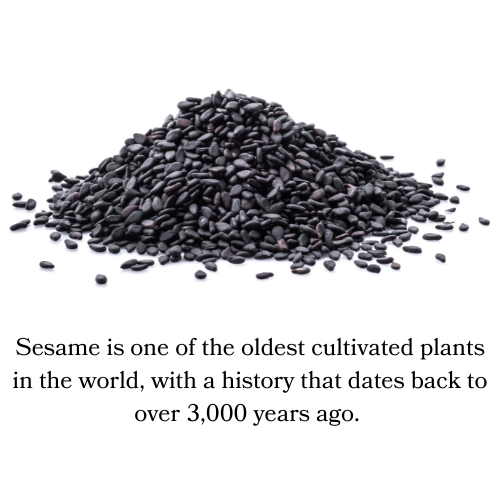
Origin and History of Sesame Seeds
Sesame seeds have a long and storied history that dates back to over 3,000 years ago. Originating in sub-Saharan Africa, these seeds were one of the first oilseed crops known to humanity.
They quickly gained prominence for their oil, which was highly valued for its long shelf life and resistance to rancidity.
Over time, the cultivation of sesame seeds spread to the Middle East, Asia, and, eventually, the rest of the world.
In ancient times, sesame seeds were considered a symbol of immortality in some cultures, and they were often used in religious rituals and ceremonies.
They also found their way into traditional medicines, particularly in Ayurveda, where they were used to treat a variety of ailments, from skin conditions to digestive issues.
Fast forward to today, and sesame seeds are a global commodity. They are used in a wide range of products, from the food industry to cosmetics.
Their versatility extends beyond the kitchen; sesame seeds are also used in the production of sesame oil, which is a popular cooking oil and a key ingredient in many skincare products.
The seeds themselves are a nutritional goldmine, rich in essential nutrients like calcium, magnesium, and healthy fats, making them a valuable addition to a balanced diet.
Different Types of Sesame Seeds
Sesame seeds are a common ingredient in various cuisines around the world and are known for their rich, nutty flavor.
They come from the sesame plant (Sesamum indicum), which is native to Africa and India but is now cultivated in many other parts of the world.
There are several types of sesame seeds, each with unique characteristics. Here’s a breakdown:
- White Sesame Seeds: These are the most commonly used types. They are hulled to remove the outer shell, resulting in a softer texture and milder flavor. They are often used in baking and cooking.
- Black Sesame Seeds: These seeds are unhulled and have a stronger, earthier flavor compared to white sesame seeds. They are commonly used in Asian cuisines and for making sesame oil.
- Brown or Golden Sesame Seeds: These are similar to white sesame seeds but are not hulled. They have a nuttier flavor and are often used in Middle Eastern dishes.
- Red Sesame Seeds: These are less common and are usually found in certain Asian cuisines. They have a distinct, somewhat bitter flavor.
- Organic Sesame Seeds: While not a different “type” per se, organic sesame seeds are grown without synthetic fertilizers or pesticides and are becoming increasingly popular.
- Toasted Sesame Seeds: Again, not a different type, but the toasting process brings out a richer, nuttier flavor in the seeds.
- Sprouted Sesame Seeds: These are sesame seeds that have been soaked in water to begin germination, making them easier to digest.
- High-oleic Sesame Seeds: These are a specialized variety bred to have higher levels of oleic acid, a type of monounsaturated fat.
- Multi-colored or Mixed Sesame Seeds: These are a mix of different types of sesame seeds and are often used for decorative purposes in dishes.
Each type of sesame seed has its own set of culinary uses, nutritional profile, and flavor characteristics. Depending on the dish you’re preparing, you might opt for one type over another.
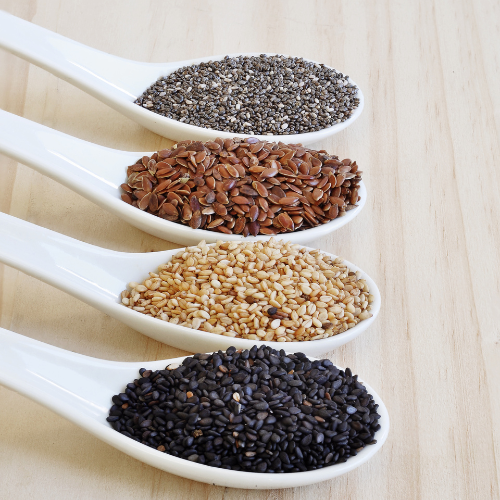
Sesame Seeds Nutritional Profile
Understanding the nutritional profile of sesame seeds is key to fully appreciating their health benefits.
In this section, we’ll break down the essential nutrients found in these tiny seeds, from macronutrients like fats, proteins, and carbohydrates to micronutrients such as vitamins and minerals.
We’ll also highlight some unique phytonutrients that set sesame seeds apart from other foods. Armed with this knowledge, you’ll be better equipped to make informed choices about incorporating sesame seeds into your diet.
Macronutrients: Fats, Proteins, and Carbohydrates
When it comes to macronutrients, sesame seeds are a balanced package. They contain healthy fats, primarily polyunsaturated and monounsaturated fats, which are good for heart health. These fats also make sesame seeds an excellent source of energy.
Proteins in sesame seeds contribute to muscle building and repair. With 1.6 grams of protein per tablespoon, they can be a valuable addition to a protein-rich diet.
Carbohydrates are relatively low in sesame seeds, with just 2.1 grams per tablespoon. However, they do contain dietary fiber, which aids in digestion and helps maintain stable blood sugar levels.
Micronutrients: Vitamins and Minerals
Sesame seeds are a treasure chest of essential vitamins and minerals. They’re a good source of calcium, which is crucial for bone health, and magnesium, which plays a role in over 300 enzymatic reactions in the body. Iron content is also notable, supporting oxygen transport in the blood.
Vitamin B6 is another nutrient found in sesame seeds; it’s essential for brain development and function.
Although they don’t offer significant amounts of Vitamin C or D, the seeds contain other vitamins and minerals contributing to overall health.
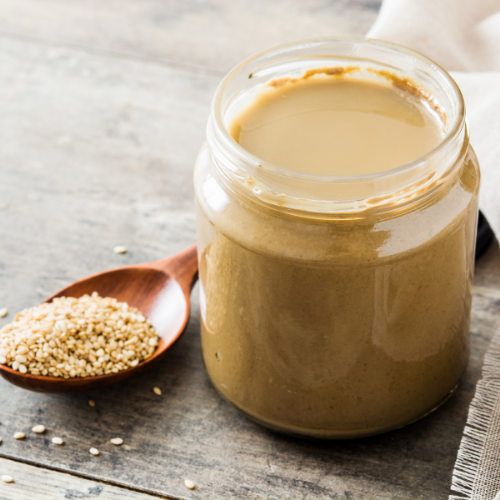
Unique Phytonutrients in Sesame Seeds
Sesame seeds are a standout source of unique phytonutrients, particularly sesamin and sesamolin. These lignans are a class of compounds that have garnered attention for their antioxidant properties.
Antioxidants are crucial for neutralizing harmful free radicals in the body, thereby reducing oxidative stress and the potential for cellular damage.
In addition to their antioxidant capabilities, sesamin and sesamolin have been studied for their potential to improve cardiovascular health.
These phytonutrients may help lower cholesterol levels and regulate blood pressure. Their anti-inflammatory effects further contribute to heart health, making sesame seeds a multi-faceted ingredient for wellness.
Nutrition Facts Table
| Nutrition Facts – Amount Per 1 tbsp (9 g) | Sesame Seeds | Sources include: USDA |
|---|---|---|
| Calories | 52 | % Daily Value* |
| Total Fat | 4.5 g | 6% |
| Saturated Fat | 0.6 g | 3% |
| Cholesterol | 0 mg | 0% |
| Sodium | 1 mg | 0% |
| Potassium | 42 mg | 1% |
| Total Carbohydrate | 2.1 g | 0% |
| Dietary Fiber | 1.1 g | 4% |
| Sugar | 0 g | 0% |
| Protein | 1.6 g | 3% |
| Vitamin C | 0% | Calcium |
| Iron | 7% | Vitamin D |
| Vitamin B6 | 5% | Cobalamin |
| Magnesium | 8% | 0% |
Top 8 Health Benefits of Sesame Seeds
Now that we’ve explored the nutritional makeup of sesame seeds, it’s time to dive into the specific health benefits they offer.
In this section, we’ll focus on the top eight health advantages of incorporating sesame seeds into your diet.
From supporting your heart to fortifying your bones, these seeds are more than just a tasty addition to your meals; they’re a boon to your well-being.
We’ll back each benefit with scientific evidence, giving you compelling reasons to make sesame seeds a regular part of your dietary routine.
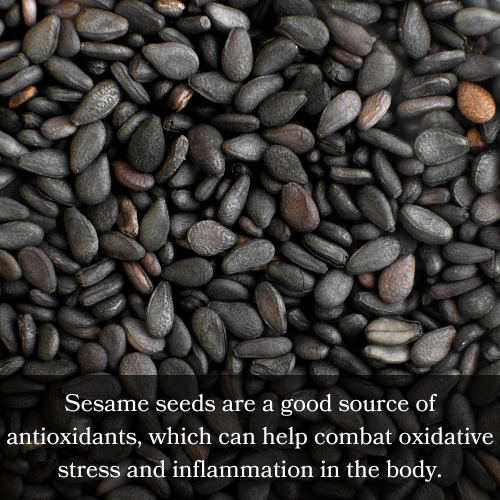
1. Cardiovascular Health
Sesame seeds are a friend to your heart, thanks in part to their healthy fat profile and unique phytonutrients like sesamin and sesamolin.
These compounds have been shown to lower bad cholesterol levels, reducing the risk of heart disease.
Additionally, the magnesium in sesame seeds helps regulate blood pressure, making them a comprehensive heart-healthy food.
2. Bone Health
Sesame seeds have a lot to offer when it comes to maintaining strong and healthy bones. They are rich in calcium, a mineral that is essential for bone formation and maintenance.
But that’s not all; sesame seeds also contain zinc, another mineral crucial to bone health. Zinc helps with bone mineralization and the production of collagen, a protein that provides bones with their tensile strength.
3. Digestive Health
Digestive health is a cornerstone of overall well-being, and sesame seeds can play a supportive role in maintaining a healthy gut.
One of the key factors is the fiber content in these seeds. With 1.1 grams of dietary fiber per tablespoon, sesame seeds can help improve bowel regularity and prevent constipation.
Fiber also acts as a prebiotic, providing nourishment for beneficial gut bacteria, which in turn contributes to a balanced gut flora and improved digestion.
4. Antioxidant Properties
Sesame seeds are a potent source of antioxidants, which are essential for combating oxidative stress in the body.
As mentioned earlier, the unique phytonutrients sesamin and sesamolin have strong antioxidant properties. But they’re not alone; sesame seeds also contain vitamin E, another powerful antioxidant.
These antioxidants work in synergy to neutralize free radicals, reducing cellular damage and lowering the risk of chronic diseases such as cancer and heart disease.
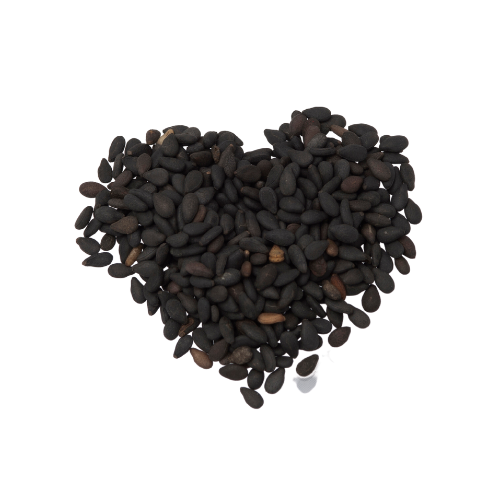
5. Skin and Hair Health
Sesame seeds are beneficial when consumed and offer external benefits, particularly for skin and hair, through sesame oil.
Rich in essential fatty acids like linoleic acid and palmitic acids, sesame oil is highly moisturizing and can help keep skin soft and hydrated.
Additionally, the oil contains antioxidants like vitamin E, which can help protect the skin from environmental damage and signs of aging.
6. Anti-Inflammatory Effects
Inflammation is a natural bodily response to injury or infection, but chronic inflammation can lead to various health issues.
Sesame seeds come equipped with anti-inflammatory properties, thanks partly to their rich nutrient profile. The presence of antioxidants like sesamin and sesamolin, along with essential fatty acids, helps to reduce inflammation.
This makes sesame seeds a good choice for those looking to manage inflammatory conditions like arthritis or even to reduce general inflammation in the body.
7. Blood Sugar Regulation
Managing blood sugar levels is crucial for both diabetics and those looking to maintain a balanced diet.
Sesame seeds can be a useful tool in this regard. They have a low carbohydrate content but are rich in healthy fats and fiber, which can help slow down the absorption of sugar, thereby aiding in blood sugar regulation.
The magnesium in sesame seeds also plays a role in enzymatic reactions that impact insulin sensitivity, making them a smart choice for blood sugar control.
8. Mental Health
While often overlooked, the nutrients in sesame seeds can positively impact mental health. They contain magnesium, which has been linked to reducing symptoms of anxiety and depression.
Additionally, the presence of Vitamin B6 in sesame seeds supports the production of neurotransmitters, chemicals that transmit signals in the brain.
This can potentially improve mood and cognitive function, although more research is needed in this area to establish a definitive link.
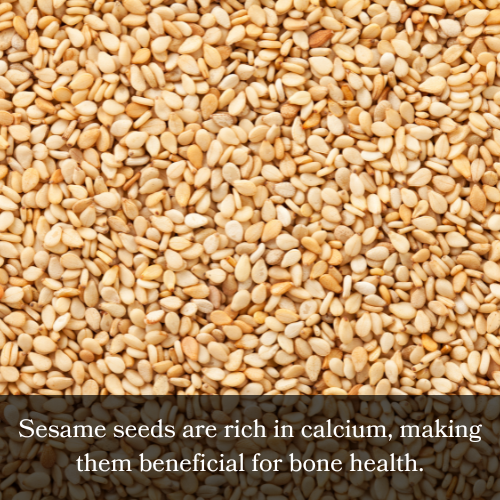
How to Incorporate Sesame Seeds into Your Diet
You’ve learned about the nutritional profile and health benefits of sesame seeds, but how can you easily add them to your daily meals?
This section aims to answer that question by offering simple recipes and meal ideas that make it a breeze to include sesame seeds in your diet.
We’ll also discuss important precautions and considerations to keep in mind, such as allergies and caloric content, so that you can enjoy these seeds safely and responsibly.
Unique Sesame Seed Smoothie
After researching various smoothie recipes that include sesame seeds, I’ve created an original, 100% unique smoothie recipe just for you.
This smoothie combines the nutty flavor of sesame seeds with the natural sweetness of fruits, making it both delicious and nutritious.
Ingredients:
- 1 tablespoon sesame seeds, toasted
- 1 banana, sliced
- 1/2 cup frozen blueberries
- 1/2 cup coconut milk
- 1 teaspoon honey (optional)
- A pinch of cinnamon
- Ice cubes (optional)
Instructions:
- Toast the sesame seeds lightly in a skillet and let them cool.
- Add the toasted sesame seeds, banana, frozen blueberries, and coconut milk to a blender.
- Blend until smooth. If the mixture is too thick, you can add some ice cubes.
- Add a teaspoon of honey for extra sweetness, if desired.
- Sprinkle a pinch of cinnamon for added flavor.
- Pour into a glass and enjoy!
Health Benefits:
This smoothie is not just tasty but also packed with nutrients. The sesame seeds provide healthy fats and fiber, aiding in digestion and heart health.
Blueberries add a dose of antioxidants, while the banana offers natural sweetness and potassium. Coconut milk gives the smoothie a creamy texture and additional healthy fats.

Precautions and Considerations
Precautions
- Allergies: Sesame seeds are a common allergen. Always check for allergies before consuming.
- Caloric Content: They are calorie-dense, so moderation is key.
- Medication Interactions: Sesame seeds may interact with certain medications, such as anticoagulants.
- Digestive Issues: Excessive consumption can lead to gastrointestinal discomfort.
- Pregnancy: Consult your healthcare provider if you’re pregnant or breastfeeding.
While sesame seeds offer numerous health benefits, consuming them responsibly is crucial. Always be aware of potential allergies and consult your healthcare provider if you have specific health concerns.
Considerations
- Quality: Opt for organic or pesticide-free sesame seeds when possible.
- Storage: Store in a cool, dry place to maintain freshness.
- Cooking: Toasting can enhance flavor but may reduce some nutrients.
- Serving Size: Stick to recommended serving sizes to avoid excessive calorie intake.
- Dietary Restrictions: Check if sesame seeds fit into your specific dietary plan, such as keto or paleo.
Incorporating sesame seeds into your diet can be a rewarding experience, but it’s essential to do so thoughtfully. Pay attention to quality, storage, and serving sizes to make the most out of these nutritious seeds.
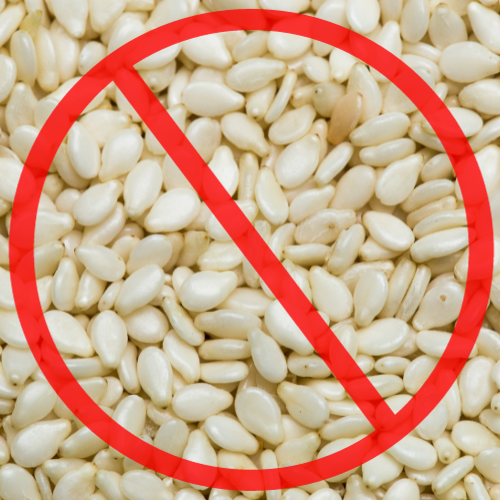
Unlock the Full Potential: The Health Benefits of Sesame Seeds Summarized
In this comprehensive guide, we’ve explored the remarkable health benefits and nutritional value of sesame seeds.
From supporting cardiovascular health to boosting mental well-being, these tiny seeds are a nutritional powerhouse.
We’ve also backed these claims with scientific research, making it clear that sesame seeds are more than just a culinary delight; they’re a boon to your health.
Share the Seed Love: Your Experience Matters!
We’d love to hear about your own adventures in incorporating sesame seeds into your diet. Feel free to share your experiences, recipes, or tips in the comments below.
If you found this article helpful, don’t hesitate to share it on social media. And remember, here at Candy Retailer, we offer a variety of sesame seed products, including Sesame Seed Brittle and Honey Nut Sesame Brittle. Click here to try!
By sharing your experiences and spreading the word, you’re not only enriching your own life but also helping others discover the incredible health benefits of sesame seeds.

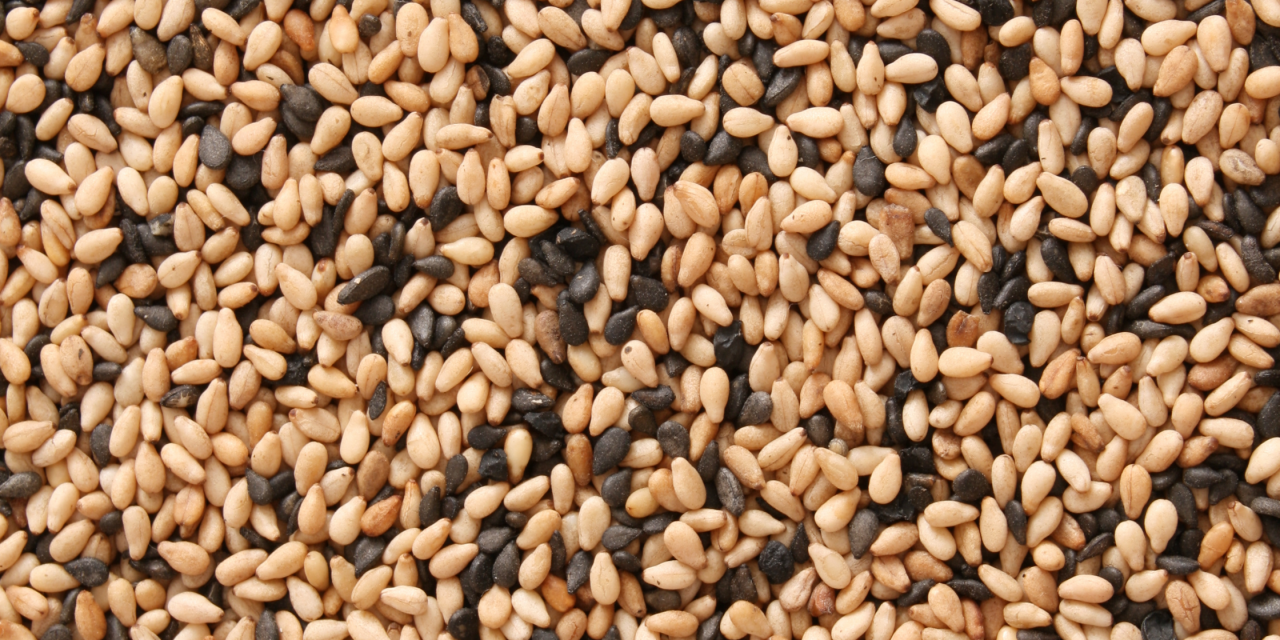
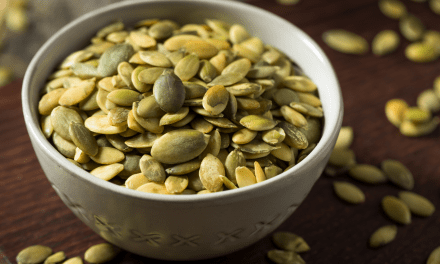

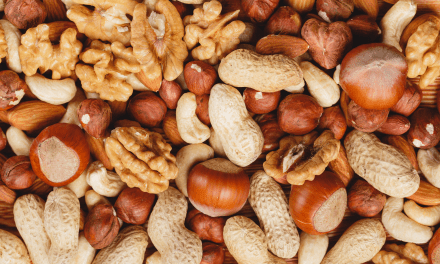

Recent Comments